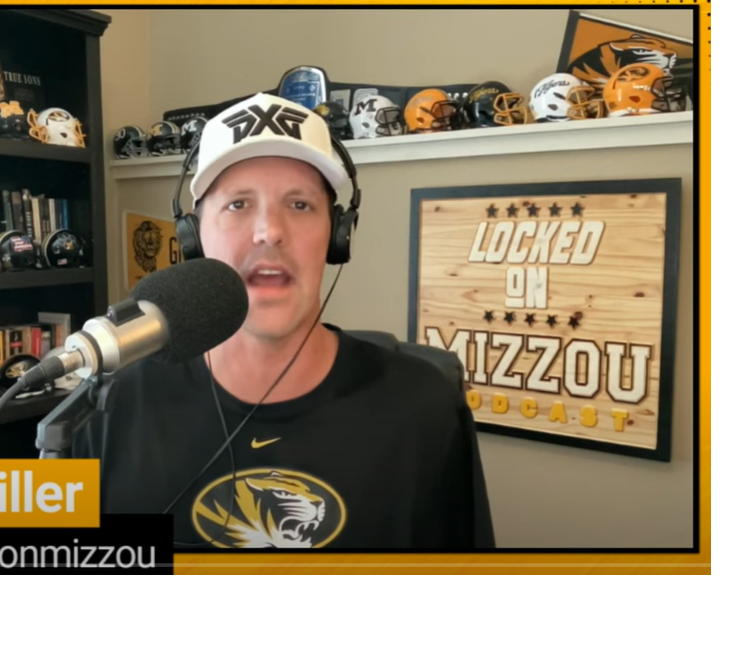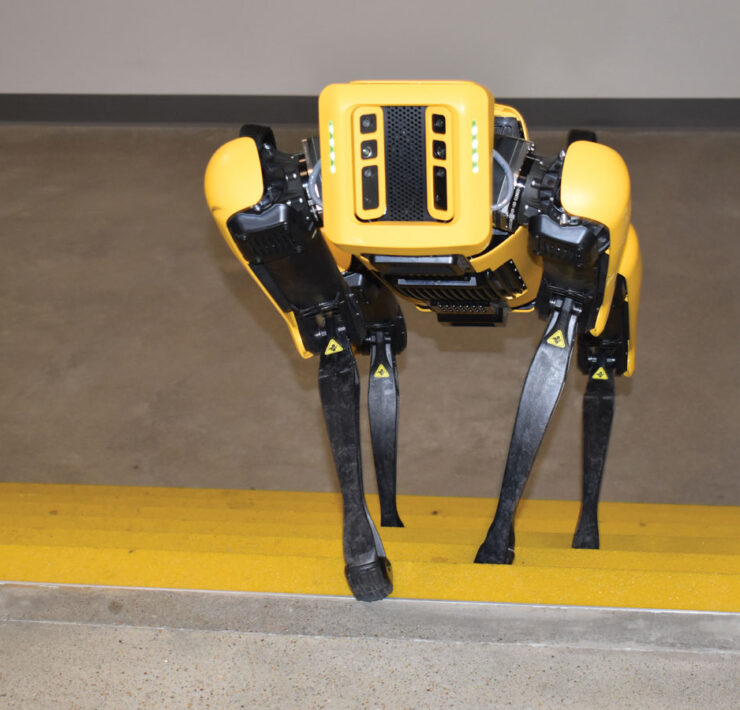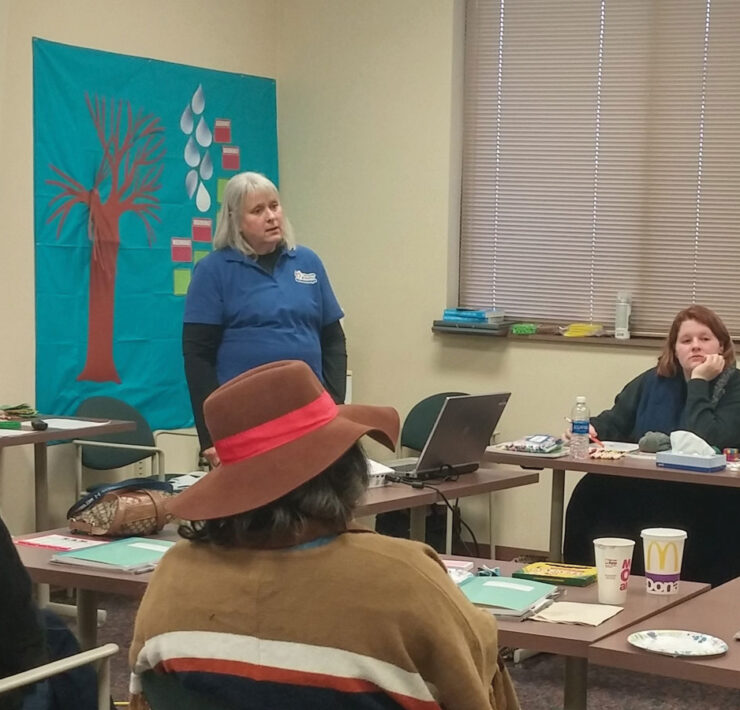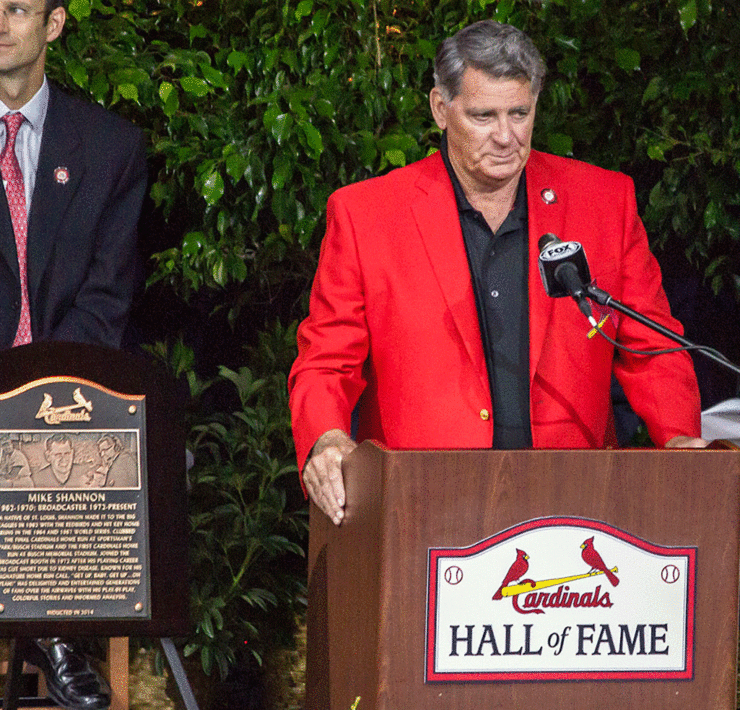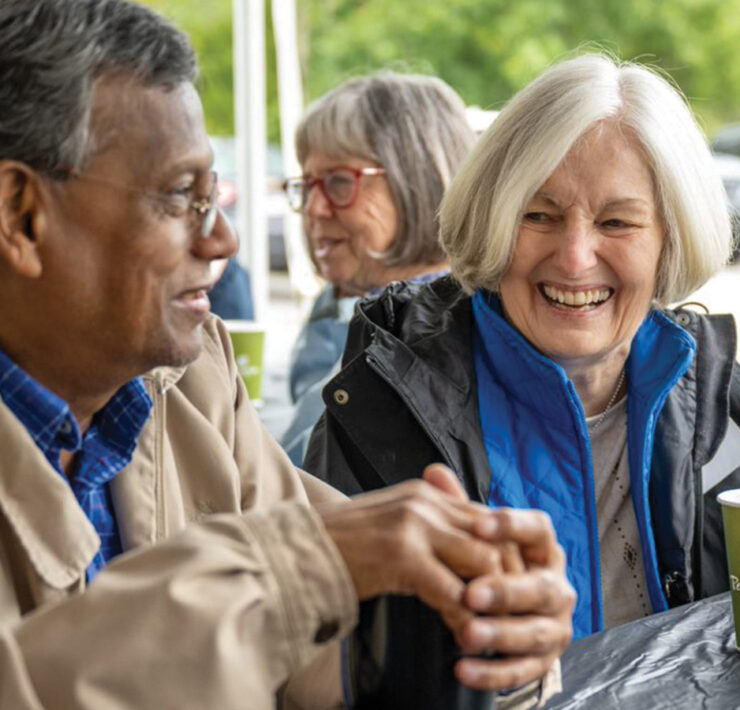Angela Drake, supervising attorney, MU School of Law Veterans Clinic
How did the MU Veterans Clinic get started? The clinic started when the stars aligned perfectly. Two students, who were also veterans (Scott Apking and Larry Lambert), approached Gary Myers, our dean. Dean Myers was very receptive to the idea, as he had seen it successfully implemented in other law schools. Scott and Larry were my students, and after they told me about the idea and the discussion with Dean Myers, I wanted to be the lawyer to help teach the clinic and get it going. Of course, we needed some money to get started, so the law school’s assistant dean, Bob Bailey, and I went out to do some fundraising, secured five years of seed money, and we were off. It all came together in less than five months.
What services are provided? We help veterans and their dependents secure disability-related compensation from the U.S. Department of Veterans Affairs. We also help veterans who need help with discharge upgrades.
How do you become connected with veterans in need of assistance? We receive referrals from the Veterans Consortium Pro Bono Program in Washington, D.C. We also receive referrals from attorneys in the state, other professionals in the community and the American Bar Association.
How do you find students to be involved with the Veterans Clinic? The students have to interview to be accepted into the clinic. We are limited to eight students per semester. The students submit resumes, dress for a job interview and come to my office for a little cross-examination. I then select the class to enroll for the academic year.
How do the students benefit by being involved in the clinic? Students gain real-world experience. They help real clients, look at lengthy medical records, work with doctors and write briefs. The clinical experience requires the students to marry the intellectual knowledge they have gained with the practical skills they will need after they pass the bar examination.
What has been your most rewarding experience since becoming involved in the clinic? It’s hard to pick one. Our clients, without exception, are sincerely grateful for the help we provide. They have often spent years trying to move their claims without any luck or hope. To pair clients such as this with smart and enthusiastic students is pretty special. It is especially rewarding when the students find a missing piece of needed evidence or the winning legal theory.
I understand that there are a variety of clinical offerings through the law school. How, if at all, do they work together? The Veterans Clinic at the law school is one of several skills-training opportunities we offer to our students. We also have a Criminal Prosecution Clinic, Family Violence Clinic, Innocence Clinic and Mediation Clinic, in addition to a Landlord/Tenant Practicum and a Legislative Practicum.
The Veterans Clinic benefits from the deep knowledge base the school’s other clinical instructors have gained in their decades of practice and have passed on to the students before they enter the Veterans Clinic. Clinics are a different type of learning tool, as there are real client interests on the line. Many students take one clinic and then another. I appreciate working with students who have one clinic under their belts before they come to me. They understand many of the fundamentals: how to interview clients and witnesses, how to organize documents, how to prepare a witness statement, etc. Most importantly, it is very handy to have another clinical director available to bounce ideas and issues off of when it comes to curriculum and student relations.
What is your background with the military, as well as the legal industry? I am an Army brat. My father was an officer in the 101st Airborne. He was killed in Vietnam in 1970. My law school education was paid as a result of the benefits I received from his service.
I have practiced law for 30 years now. I have always worked in complex commercial litigation at firms in Kansas City and Springfield. I loved my private practice and felt like it was a good way to spend 25 years of my life. I have always liked to train the younger lawyers and am thrilled to be at the law school now. There is so much good a lawyer can — and should — do in the course of his or her career. Start early, and do good often is my goal for the students’ pro bono life.
What does a typical day look like for you as director? I teach classes other than the clinic, so every day is different. Some days I will be lecturing on insurance law at 10 a.m. and then taking a conference call with a student and the Court of Appeals for Veterans Claims the next hour. It can be fast paced, but it is energizing.
However, every day has “clinic” in it, even when we are not officially in class together, because we are essentially a law firm within the law school. Students know they should contact me with any new development, no matter how minor. They also know that no correspondence can leave the law school without my signature on it. That means lots of texts, emails and stopping in the hallway to chat.
Many days end late, especially when we have a brief due the next day.
What similar or complimentary resources exist in Columbia to help veterans? Columbia has a strong network of veterans’ advocates, and I hesitate to mention just a few for fear of leaving many strong resources out of the list. Obviously, we have Harry S. Truman Memorial Veterans’ Hospital right in the middle of town and close to campus. Our dealings with the professionals at the Truman VA have been very positive. Welcome Home does tremendous work, and they inspire us. Local churches also help veterans; for example, many of the meals served at Wilkes Boulevard United Methodist Church are served to veterans. Mid Missouri Legal Services does a tremendous job on legal issues facing veterans outside of the disability cases handled in the Veterans Clinic. The Veterans Court, run by our alum Judge Michael Bradley, is impressive in the way it handles the criminal cases involving veterans. Rotary South has helped us by providing experts to assist with files, including doctors and nurses who are willing to help students understand the medical records. To be sure, Veterans United is always there to listen to our proposals; it was instrumental in helping us hire our much-needed administrative assistant.
How do you work with other local resources for veterans? We coordinate on efforts all the time. For example, the Veterans Homeless Summit was hosted by the Truman VA and attended by many other individuals working with veterans and me. The Clinic invited these attendees and others to a symposium that we held on Veterans Days focusing on post-traumatic stress disorder and military sexual trauma. Judge Bradley just helped one of our students finish a blog piece on veterans’ courts, which we hope to publish soon. Basically, we each know what the other does, and we try to stay in our lanes to conserve resources yet work together for the good of the veteran population.



